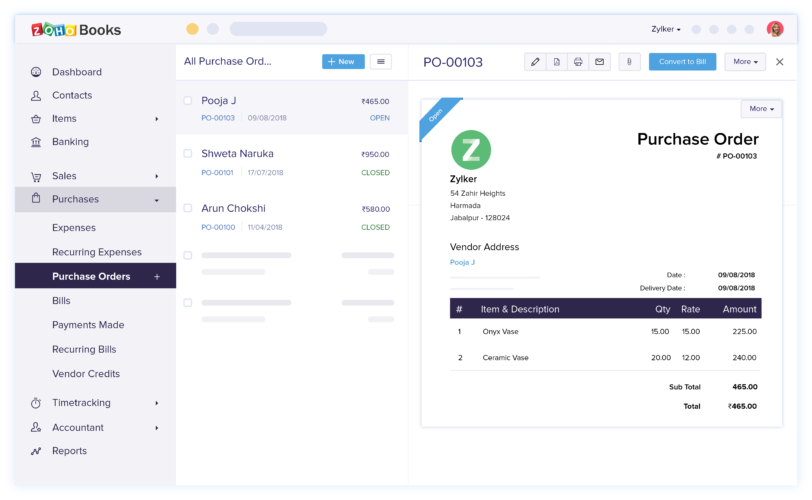In today’s complex business landscape, compliance with regulations and reducing risks are crucial for organizations across industries. One area where compliance and risk management play a vital role is the procurement process. Implementing a robust purchase order system is essential to ensure compliance with internal policies and external regulations, as well as to mitigate risks associated with unauthorized spending, fraud, and supplier disputes. In this guest post, we will explore the importance of purchase order systems in ensuring compliance and reducing risks within organizations.
1. Regulatory Compliance:
Purchase order systems help businesses adhere to regulatory requirements, industry standards, and legal obligations. These systems enable organizations to incorporate necessary compliance checks and validations into the procurement process. By automating compliance workflows, businesses can ensure that purchasing decisions align with predefined rules and regulations, mitigating the risk of non-compliance and associated penalties.
2. Budget Control and Spending Limits:
Effective budget control is essential to manage expenses and prevent overspending. Purchase order systems provide businesses with the ability to set spending limits and enforce budget controls. This ensures that purchases are authorized within the approved budget, reducing the risk of unauthorized spending and ensuring financial discipline. By setting spending limits, organizations can proactively manage their budgets, mitigate financial risks, and maintain cost control.
3. Transparent Audit Trails:
Maintaining accurate records of purchasing activities is crucial for auditing purposes and internal governance. Purchase order systems offer transparent audit trails that capture essential information such as order details, approvals, changes, and document versions. These audit trails provide a comprehensive record of the procurement process, making it easier to track and review transactions. Transparent audit trails enhance transparency, accountability, and support risk management and compliance efforts.
4. Supplier Management and Vendor Compliance:
Managing relationships with suppliers and ensuring their compliance is essential for risk mitigation and maintaining product quality and delivery standards. Purchase order systems enable businesses to track and manage supplier information, including contractual obligations, certifications, and performance metrics. By monitoring supplier compliance, businesses can reduce the risk of non-compliant products, services, or unethical practices, ensuring a more robust supply chain.
5. Fraud Prevention and Detection:
Fraudulent activities, such as unauthorized purchases or collusion with suppliers, pose significant risks to businesses. Purchase order systems help mitigate these risks by implementing controls and validations that detect and prevent fraudulent activities. Automated approval workflows, authentication mechanisms, and validation checks ensure that purchases are legitimate and in line with established policies. By proactively addressing fraud risks, businesses can protect their assets, reputation, and bottom line.
6. Dispute Resolution and Contractual Compliance:
Disputes with suppliers can disrupt operations and result in financial and legal consequences. Purchase order systems facilitate effective dispute resolution by providing a documented history of the purchasing process. In case of disputes, businesses can refer to the purchase order system’s records to verify contractual obligations, delivery terms, and pricing agreements. This helps expedite dispute resolution, mitigate risks, and maintain strong supplier relationships.
7. Data Security and Confidentiality:
Sensitive procurement data, including supplier details, pricing information, and contractual agreements, requires robust security measures. Purchase order systems employ data encryption, access controls, and secure storage to protect confidential information. By ensuring data security, businesses can mitigate the risk of data breaches, unauthorized access, and potential reputational damage associated with compromised information.
To further explore the benefits of purchase order systems in ensuring compliance and reducing risks, you can also refer to this article on www.jonasconstruction.com that highlights the advantages of leveraging technology in procurement. Implementing a purchase order system is vital for organizations to ensure compliance with regulations, mitigate risks, and maintain financial control. By embracing purchase order systems, businesses can foster a culture of compliance, minimize risks, and drive sustainable growth while maintaining the integrity and reputation of the organization.

